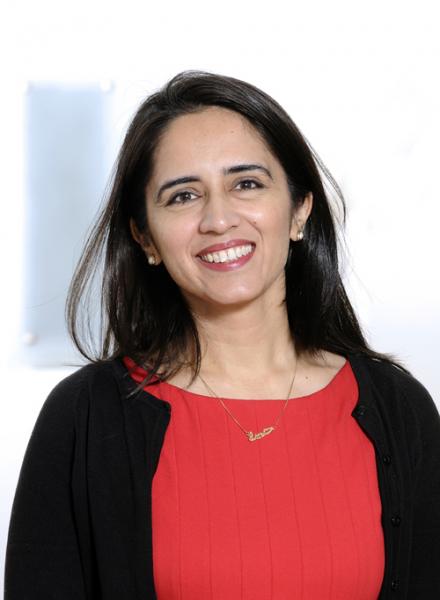CSAS Lecture Series | Justice and Tolerance in Islamic Thought: Maududi's Al-Jihad fil Islam
Humeira Iqtidar, Associate Professor in Politics and Chair of Graduate Exam Board, Department of Political Economy, King's College London
The political thought of the immensely influential Islamist thinker, founder of the party Jamaat-e-Islami and public intellectual, Abul Ala Maududi needs engagement not to understand Muslims or Islamists, but to think through alternative intellectual and political horizons that may be useful more generally, and not just for Muslims. Focusing on his immensely influential book al-jihad fil Islam, the paper works through the contradiction between his concern to end persecution with his insistence on levying a tax on non-Muslim citizens of an Islamic state. Using his arguments as a launching pad into a wider discussion of justice and tolerance in Islamic thought, I argue that Maududi's ideas allow an interesting glimpse into non-liberal forms of tolerance that retain significant unexplored intellectual and political potential.
Dr Humeira Iqtidar joined King's College London in 2011. She has studied at the University of Cambridge (UK), McGill University (Canada) and Quaid-e-Azam University (Pakistan). Before joining King's, Humeira was based at the University of Cambridge as a fellow of King’s College and the Centre of South Asian Studies.
Humeira is a Senior Lecturer in Politics and Chair of the Graduate Exam Board. She was the Principal Investigator for the European Research Council funded project Tolerance in Contemporary Muslim Politics: Political Theory beyond the West and is a co-convenor for the London Comparative Political Theory Workshop.
Cosponsored by the Departments of History and Near Eastern Studies.
Dr Humeira Iqtidar joined King's College London in 2011. She has studied at the University of Cambridge (UK), McGill University (Canada) and Quaid-e-Azam University (Pakistan). Before joining King's, Humeira was based at the University of Cambridge as a fellow of King’s College and the Centre of South Asian Studies.
Humeira is a Senior Lecturer in Politics and Chair of the Graduate Exam Board. She was the Principal Investigator for the European Research Council funded project Tolerance in Contemporary Muslim Politics: Political Theory beyond the West and is a co-convenor for the London Comparative Political Theory Workshop.
Cosponsored by the Departments of History and Near Eastern Studies.
| Building: | School of Social Work Building |
|---|---|
| Event Type: | Lecture / Discussion |
| Tags: | Asia, Politics |
| Source: | Happening @ Michigan from Center for South Asian Studies, Department of Middle East Studies, International Institute, Asian Languages and Cultures, Department of History |


